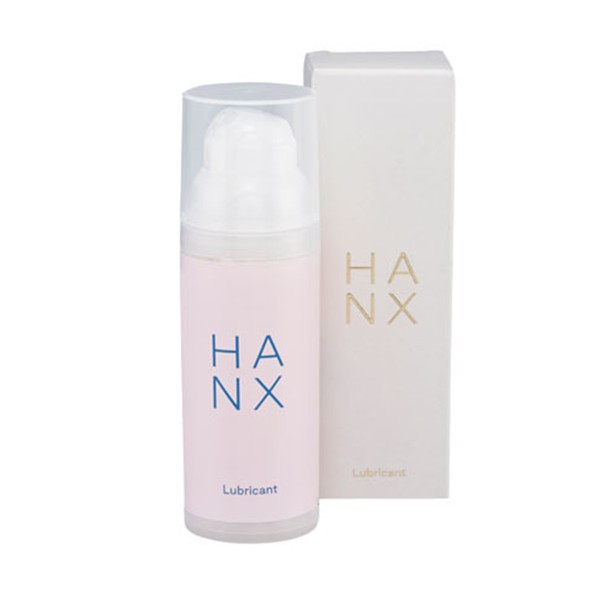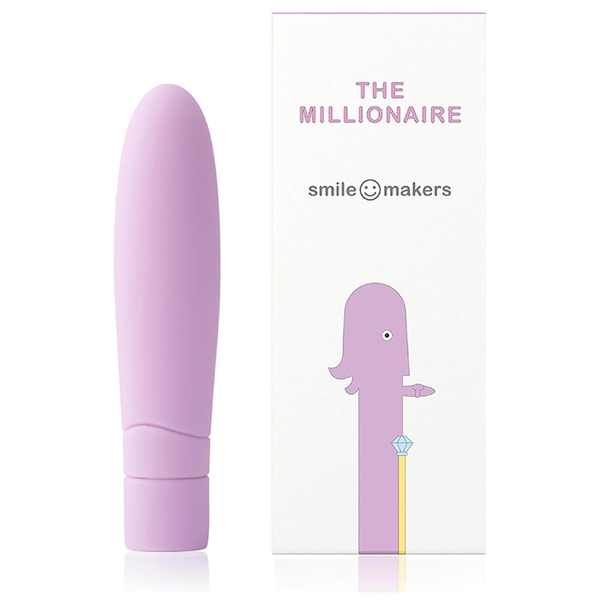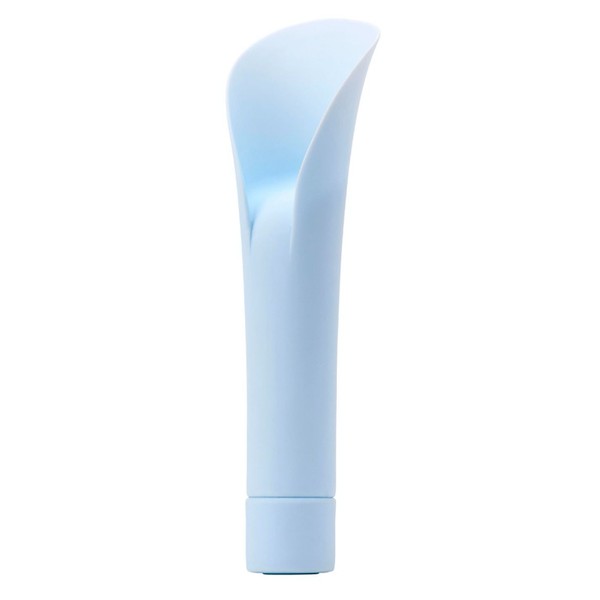
8 Of The Most Commonly Asked Sex Questions
SCENARIO: I’m looking to buy my first sex toy – where do I start?
“Choosing a vibrator is a very personal thing and with so many options available, selecting the right one can be confusing. For first time buyers, take a look at professional sex toy reviewers online for advice. Whether you’re looking for size, internal or external stimulation or power, it’s important to not only research beforehand but also have an understanding of what works for you. Smile Makers’ collection offers a range of various experiences, so to help we’ve created a quick tool to help you find the best fit for you. Start with asking yourself what you want from your toy and try to pick one that is aesthetically pleasing to you, remembering that what might be more pleasurable for your best friend, won’t necessarily be for you. If you’re buying a toy online, do some research and see if you can find any videos that might help you acquaint yourself better with what it does and how it works. Finally, always consider the materials used to ensure a safe and enjoyable experience – stainless steel, silicone and glass are harmless, but always check the packaging first.”
SCENARIO: Why do I find it difficult to reach an orgasm with a partner?
“If you find it difficult to reach an orgasm, don’t be embarrassed. It’s quite common to get a touch of performance anxiety during sex with a partner, regardless of your gender. Try to simply enjoy yourself when having sex, focusing on your pleasure and what works for you, dropping the pressure of solely thinking about an orgasm. When it comes to sex, just 20% of vulva owners can climax from penetration – most women need clitoral stimulation to reach an orgasm. The clitoris is far more sensitive than the vagina and it contains 8,000 nerve endings. A big part of the orgasm secret is learning to know yourself – take the time to touch yourself and discover what kind of touch you like. For an optimal experience of self-love, start by setting a timer, say, for ten minutes, which will help you forget about the goal of reaching climax. When the timer is over, you stop, even if you haven’t reached an orgasm. Try to focus your mind on the strokes and touches that you are giving yourself – this is the best way to determine what you do and don’t like, so it will be easier for you to have an orgasm in the future. Remember pleasure is always good – even without climax.”
SCENARIO: What can I do if my partner and I don’t have the same sex drive?
“This is very common and in no way means your partner is less attracted to you or you to them. Sex drive can be impacted by a number of factors, including stress, medication, sleep deprivation and our overall wellbeing. There are a couple of things you can do to help match each other’s moods, like making time for ‘mini-dates’ every day if you live with your partner. These can be any length of time – even just up to 15 minutes – where the idea is to become solely focused on each other, taking the time to reconnect. When it comes to sex, try discussing outside the bedroom too and use it as a ‘we’ topic, rather than the first person.”
SCENARIO: Sometimes I experience pain during sex, what can I do?
“This is a very common problem – in fact, eight out of ten women experience some sort of pain during sex and the most common cause tends to be vaginal dryness. This can be caused from hormonal changes (throughout our cycles), stress, dehydration and medical procedures such as chemotherapy. In some circumstances, lubricant can help, but if you are continuing to experience pain during sex – and if it’s acute and long lasting – then speak to your GP. Also remember that sex doesn’t always have to be penetrative – if you find penetration painful, you can always enjoy foreplay and outer-course with your partner.”
SCENARIO: I want to give anal sex a go. What can I do to prepare?
“This is a very intimate type of sex, and you should only do it if you really want to – don’t feel pressured into doing it. To help make it more comfortable, it’s all in the preparation – think outer-course; consider climaxing beforehand using stimulation of the clitoris; and plenty of lubricant, ideally a thicker formula that’s specially made for anal sex. If you are looking to try this experience, stimulate the perianal region and start slow – try using one finger to get used to the sensation and ease into it via breathing, which will help you relax. If it hurts but you really want to try it, use breathing to relax, communicate with your partner and consider trying several positions to get comfortable.”
SCENARIO: I’m nervous to ask my partner for more pleasure, how can I communicate this?
“For many, asking for more pleasure in the bedroom can seem uncomfortable as you don’t want to worry or cause concern for your partner. Before you do so, it’s important to understand and know what you like yourself. Next time you have sex, observe what you like, and then do the same when you’re masturbating on your own. When you’re attuned with this, you can make some recommendations and make your partner feel comfortable that this is something that works for you both. This doesn’t need to be done via words – you can use sounds (such as moans), or even try masturbating in a certain way in front of them. If you are using words, take note of your phrasing and make sure you place emphasis on positive words, for example: ‘I like this’, rather than ‘not like that.’”
SCENARIO: Can vibrators numb genital areas?
“If you’re worried about a vibrator being too powerful and causing potential numbness of your sensitive areas, have a look online and look at recommendations from professional sex toy reviewers. While there are some studies that indicate some toys may cause numbing, most high-quality brands – including Smile Makers – are very cautious about the technology and materials used to ensure the settings are at an optimum level. For example, we’ve based our vibrations on a clinical study that clearly indicated what’s ‘pleasurable’ rather than too weak or too much.”
SCENARIO: How can I use a vibrator with my partner?
“It’s perfectly normal to still have fantasies and masturbate solo when we are in a relationship. Fantasies can help inspire new sexual experiences and are therefore important to help keep the spark vibrant. Using a vibrator with a partner is also something not to shy away from. If you’re interested in using one to spice up your relationship, but are worried your partner might feel uncomfortable, or in some circumstances intimidated, talking can help. If you use one on your own, show them how and communicate how it empowers you to explore your own pleasure, which can help you both have better and more pleasurable sex. When opting to use one together, ideally buy one together so it’s a shared decision. Before you purchase, do some research and spend some time talking about what you like and how you might like to use it – this will also heighten arousal and get you both in the mood.”
Shop our edit of the best sex-tech and expert-approved products…








DISCLAIMER: We endeavour to always credit the correct original source of every image we use. If you think a credit may be incorrect, please contact us at info@sheerluxe.com.

